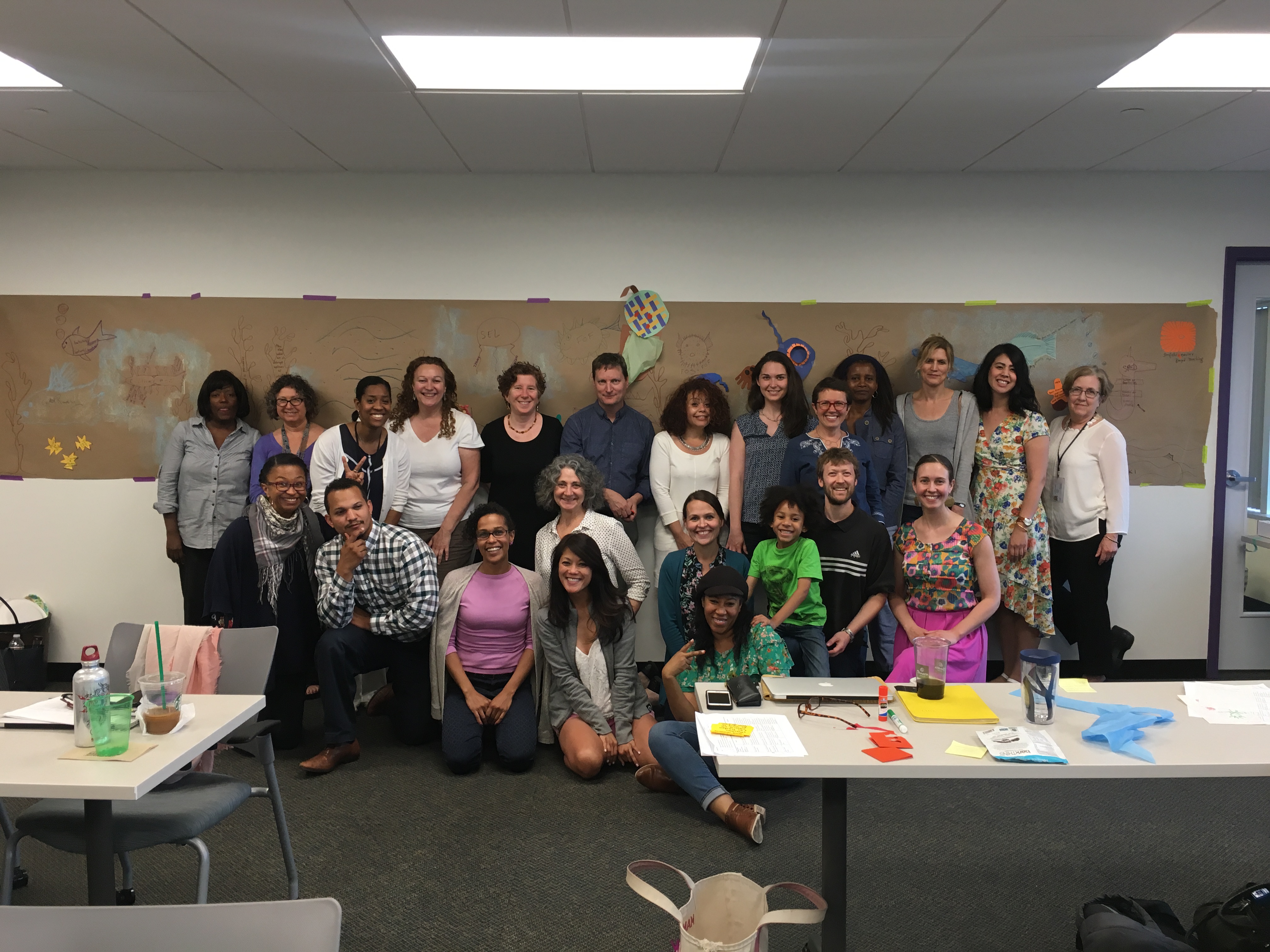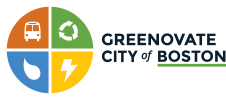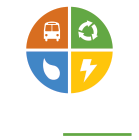
2015 Greenovate Award winner Boston Public Schools Department of Early Childhood shares its work providing students with high-quality early education on environmental stewardship.
The Greenovate community is a vast network of Boston leaders making a difference in climate action. Read below for our conversation with a winner of the Greenovate Awards in our series Where Are They Now?
The Boston Public Schools Department of Early Childhood is a 2015 Greenovate Award winner for Community Leadership. You can nominate an individual, business, or any kind of group or organization to be considered for the Mayor’s Greenovate Awards.
Department of Early Childhood Development Staff
Tell us about your organization and how it impacts Boston.
The Department of Early Childhood, part of the Boston Public Schools, works to ensure that all children have opportunity and access to a high-quality start to their education. We do this through curriculum, coaching, and professional development, which is backed by research and continuous improvement from pre-kindergarten through second grade (P-2). Through this approach, Focus on Early Learning, we help educators bring high-quality early education that is developmentally appropriate.
What did winning the Greenovate award mean to your team?
We received the Greenovate award for Our Earth, the final unit of our Focus on K2 curriculum for kindergarten students (part of Focus on Early Learning). In the Our Earth project, kindergartners build upon their learning throughout the year, to decide on a sustainable practice to advocate for and a target audience to persuade. This project underscores our commitment to valuing children as citizens and learners, and brings them into the world as stewards of the environment.
Receiving this award validated our efforts and our belief that young children can be meaningfully engaged in experiences and conversations about our shared natural resources. They can make connections between their daily, urban lives and the bigger world.
What leaders or organizations have influenced you the most? Why?
We believe that children’s innate connections to and interests in the natural world must be nurtured. In school, in the early childhood years, we can do this by structuring experiences that encourage teachers’ knowledge-building and children’s direct interaction with the environment. We can offer children a platform for asking questions and sharing their ideas with others.
Individual teachers create studies and projects that inspire us. Teachers pay the closest attention to those topics that ignite children’s compassion and excitement and design ways to apply children’s developing academic skills to the real world.
Additionally, being in the company of other Greenovate Award winners provides us with a means to connect with them to build partnerships in the community around this aspect of our curricula.
What do you believe is the most pressing environmental issue of our time?
In Focus on Second‘s first unit of study, children look at education around the world and discover, for example, floating schools in Bangladesh made necessary by the erosion that occurs during monsoons. In the second unit, then, it matters a lot to study landforms and bodies of water and how humans impact and are impacted by them. The second graders’ final projects include making a recommendation for slowing erosion on Thompson Island.
By finding out about the natural world, they are compelled to act. When children are recognized and see themselves as agents of change, they grow to ask questions critical to the ongoing work of organizations in every area of environmental stewardship and repair.
What actions do you suggest people take today to get involved and make impact to act on climate?
As part of the Boston Public Schools, we think that education is the key to involvement and impact on many issues, including climate. For this reason we have embedded lessons on sustainability into our Focus on Early Learning curricula.
When young students are able to learn about the issues facing the environment, applied to their daily lives, and foster critical thinking, great engagement happens. Students talk with their peers and their families about community- and neighborhood-related environmental issues, and think about how they can make an impact. While working on the projects, they learn that a little goes a long way, and they are able to find like-minded people to join in their efforts.
Did this award reignite your motivation to continue your work?
Our Earth has been a great success, with students building upon their learning in previous units about community, animals and their habitats, and construction to convince members of their community how and why to care for the earth. Students develop not only core academic skills, including the design process, persuasive writing, and STEM inquiry, but also crucial life skills including critical thinking, group work, and project planning. The results of their labors encourage dialogue across classrooms with both children and adults.
The reception to the project, including the Greenovate Award, has ignited a spark to build similar projects for other grades. We have designed related projects to support these critical endeavors as we have developed curricula for first and second grade as part of Focus on Early Learning.
Boston Public Schools Department of Early Childhood won the Mayor’s Greenovate Award in 2015 for Community Leadership. If you would like to learn about our most recent cohort of 2017 Mayor’s Greenovate Award winners


Recent Comments